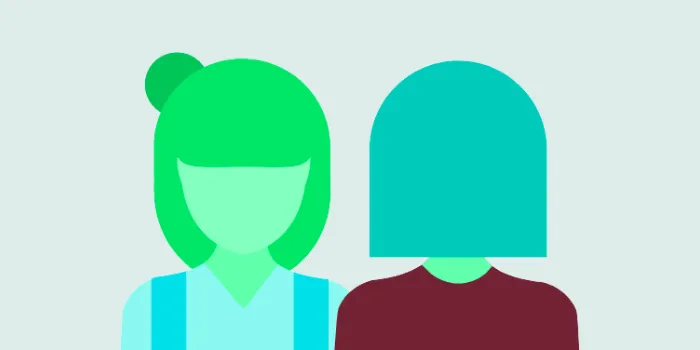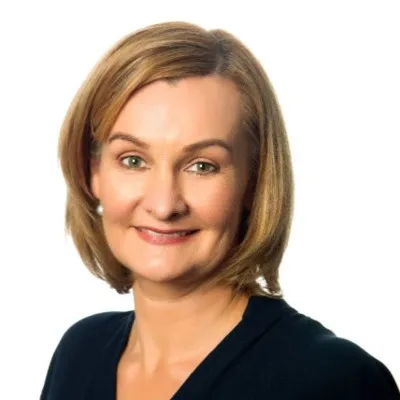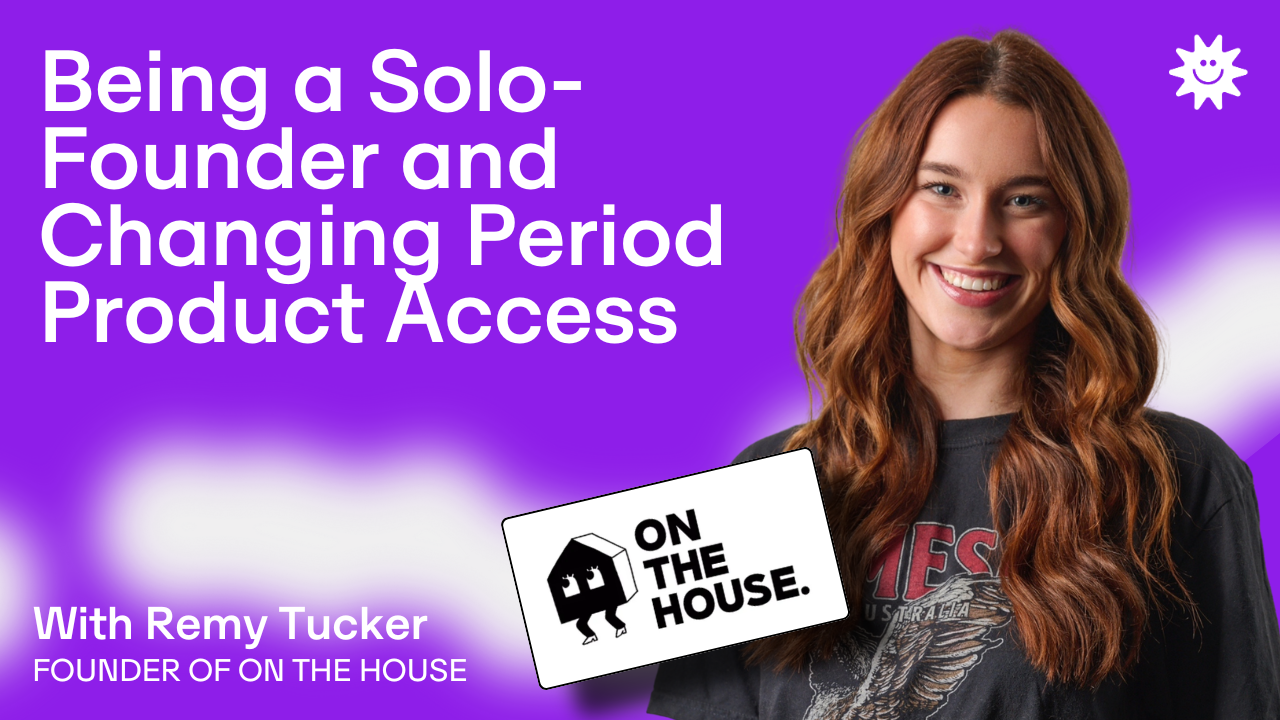On a Friday evening back in September 2021, I was mentally prepared for the high or low of being accepted or rejected for the Startmate Women Fellowship, as I sipped my wine and obsessively hit the refresh button.
I was less prepared, however, for the email introducing me to my coach, Helen Crossley, Director of Marketing Science at Facebook.
What the [insert swear word here]? My first thought was ‘she’s brilliant and going to think I’m an idiot’.
I was a heartbeat away from emailing back asking for a new coach. But I didn’t. The Fellowship is about leaning into the uncomfortable, and here was my first opportunity.
And wow, what I would have missed out on if I had asked for a new coach!
In our last session, I asked Helen how I could repay her for what she taught me and she said ‘pay it forward’.
So here I am, writing my first blog, sharing Helen’s wisdom with you as a way of saying thank you.
Find your mirror
The coaching pattern that worked for us was a bit unusual in that it wasn’t super focused on questions. What worked for us was Helen playing back what I shared, with the occasional zinger of a question.
In her words she “held up a mirror up for me to see my reflection”.
Helen: What have you been working on?
Me: I’ve been focused on showing that I’m happy to get my hands dirty — building emails, acquisition modelling, messaging boilerplates.
Helen: So you’re spending most of your time keeping the wheels turning.
Me: [Insert swear word here.]) I’m the Head of Marketing, I also need to be focused on strategic growth and pitching a big vision.
Helen: So, what’s stopping you?
Hearing my words played back to me made me an observer, rather than a participant, which made seeing the problem easier.
The back story is that I’d been rejected from a number of other startup roles because founders weren’t convinced that I’d be happy ‘getting my hands dirty’.
So in my desperation to prove I was ‘scrappy’, I neglected the strategic side of my role.
There was also the risk — which Helen could see so clearly, but I couldn’t — that if I spent all my time being scrappy, no one would see me as the Head of Marketing at the next raise.
The process got me thinking. What would I do when Helen was no longer there to hold the mirror up for me?
I started to experiment with my own mirrors — reflections were good for exploring but not for observing, writing was good for clarifying thoughts, but not for seeing the bigger picture.
Finally, I settled on mind-mapping. Here’s one of my first attempts at visualising what I intellectually knew I should be doing, against what I was actually doing.
This initially started as a sketch, but I moved to Miro as I found their templates were helpful thought-starters and easily modifiable too.
Looking at my ideal and real-world mirrors made it easier to see the gap between what I was doing and what I should have been doing. Using the stop, start, continue agile retrospective method helped me develop a plan for change.

Don’t forget to be bold
In another coaching session, I ran Helen through the marketing strategy I was about to present to the board, and at the end, she asked me: ‘Is your vision big enough for the Head of Marketing in a scaling startup?’
Embarrassingly, it wasn’t even close! So why? Again, I decided to use a visualisation to see what was going on.

In this version of my mirror, I mapped my natural instincts before exploring potential solutions.
The left, among other things, was a reflection of gratitude for the opportunity and bias towards flawless execution.
And while this in itself wasn’t bad, it did help me see that it was constraining my vision (ambition) because I wanted to ‘make do with what I’d been given’.
That being said, my biggest learning here was incorporating the question ‘is it bold enough?’ into my thinking and asking for what I need to make it happen!
Ask yourself: 'Is this my problem to solve?’
In one session I shared with Helen that I was feeling a bit overwhelmed, and that I wasn’t helping myself by doing things that I could see needed doing, but not necessarily in my remit.
We workshopped some questions that I initially just asked myself before opening my mouth:
- ‘Is this my problem to solve?’
- ‘Is there someone who could solve this problem?’
- ‘What’s the worst thing that could happen if no-one solved this problem?’
But thanks to an editing question from Bronte in the process of writing this blog, I realised that these are also the types of questions I need to ask myself more when prioritising my to-do list.
Finishing a long to-do list at the end of the day feels good, like a shot of dopamine, but it’s not helpful if you’re not focusing on the right activities.
So rather than create a to-do list and get started, I curate and prioritise the list. Asking myself the questions I’d workshopped with Helen before prioritising them based on their business impact.
Where possible, I start (and complete) the high value items in the morning when I’m fresh and the low order values in the afternoon (and not sweat if they don’t get done).
Tips for working with a coach
1. Treat yourself as a project
It sounds a bit weird, but de-personalising an intensely personal experience makes it much easier to prioritise yourself.
2. Keep a live document
Keeping all your notes in one place for you and your coach (Google Doc or Notion) saves time, makes it easier to build on previous thinking and see your journey.
3. Leave your highlights reel at the door
I was desperately trying to impress Helen when I first met her, but the biggest breakthroughs happened when I was vulnerable.
4. Do your homework
Helen reminded me that I made her life easier by being super clear about my goals and style. Online personality tests, feedback from respected colleagues and some deep thinking up front provided a true north to work towards.
5. Be helpable
For someone who prides themselves on being ‘capable’, finding excuses not to ask Helen for help (big job, new baby, etc) was easy. On the flip-side, being direct with my requests for help was more productive.
Tldr;
I’ve thought a lot about what I would have missed if I had chickened out and asked for another coach. In short, a transformation in the way I think, work and self-assess. So next time you think you’re not good enough, SAY YES!
Also, if there’s only one thing you take away from this article, make sure it’s asking yourself ‘is it bold enough?’
This is a lesson I wish I had learnt earlier in my career.
Finally, a thank you to Helen. Your ability to listen, be present and ask the right question is awe-inspiring, and something I’m trying to become better at.






.jpg)

